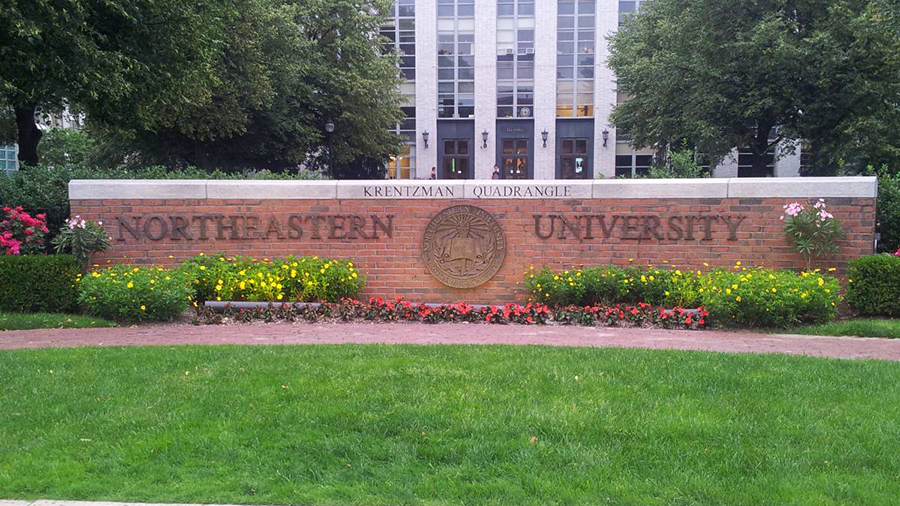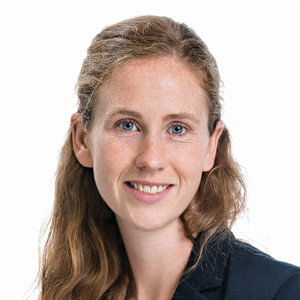Inclusive Excellence at Northeastern aims to fix the institution
In the higher education-dense Boston region, Northeastern University always has stood out for its rich tradition of experiential learning. So it comes as no surprise that Mary Jo Ondrechen has employed this concept in launching the Inclusive Excellence program at Northeastern, with a focus on flipped classrooms and encouraging faculty to share with each other best practices for diversity and inclusion.

Though she speaks in an unassuming way about her initiatives at Northeastern, Ondrechen herself navigated higher education at a time when few resources supported diversity and inclusion, so she has a deep personal connection to these efforts. As both a woman studying physical chemistry with very few female faculty mentors and a member of the Mohawk Nation, she says she felt invisible but always did her best to push ahead despite challenges.
Ondrechen and Wendy Smith, professors of chemistry and biology, respectively, heard the call for preproposals for the first round of the Inclusive Excellence competition back in 2015. After their full proposal was selected by the Howard Hughes Medical Institute for funding, the project launched at Northeastern during the 2017 fall semester and has continued for two years.
The goal of Inclusive Excellence is to make the science majors more welcoming to diverse students, Ondrechen said, including first-generation college students.
“We don’t need to fix the students,” Ondrechen said. “We need to fix the institution.”
A professional evaluator measures the Northeastern program’s success with both students and faculty and is just starting to acquire early data. Students and faculty associated with the program take before-and-after surveys, and the change in number of students graduating with science, technology, engineering and math degrees will be a key metric of success.
Ondrechen doesn’t mince words about traditional academia. Research shows that lecturing is “just about the worst way to teach,” she said. However, most faculty learned by this method, so they employ it in their classrooms today. She aims to educate her colleagues on the benefits of interactive classrooms where students drive their own, often collaborative, learning — classrooms where they feel more engaged and, as a result, more included.

Ondrechen employs the flipped classroom approach in her own teaching, reversing the traditional split of homework versus lecture and putting more emphasis on active, team-based problem solving in the classroom as opposed to instructor lectures. Research shows that while this flipped approach is good for all students, it offers the greatest benefits to women and minorities, she said. She was happy to eliminate individual quizzes in her quantum chemistry and spectroscopy class in favor of team-based quizzes, she said; students can solve harder problems together through discussion and collaboration than they would be able to tackle individually.
As part of Northeastern’s Inclusive Excellence program, workshops educate faculty on basic principles of diversity and inclusion in the classroom. Ondrechen said attendance at some of these workshops has exceeded her expectations. The workshops are followed by teaching circles where about a dozen faculty members gather to discuss their practices and open tough conversations about bias and inclusion that faculty then carry with them back to their own classrooms.
Ondrechen emphasizes the advantages of these peer-to-peer discussions and notes that the small, easily implemented changes often have the greatest impact. One of her favorite examples is eliminating implicit bias in calling on students in the classroom by using a stack of index cards with students’ names and drawing at random.
And the best measure of success in an interactive classroom?
“The noise level.”
Enjoy reading ASBMB Today?
Become a member to receive the print edition four times a year and the digital edition monthly.
Learn moreFeatured jobs
from the ASBMB career center
Get the latest from ASBMB Today
Enter your email address, and we’ll send you a weekly email with recent articles, interviews and more.
Latest in Careers
Careers highlights or most popular articles

Sketching, scribbling and scicomm
Graduate student Ari Paiz describes how her love of science and art blend to make her an effective science communicator.

Embrace your neurodivergence and flourish in college
This guide offers practical advice on setting yourself up for success — learn how to leverage campus resources, work with professors and embrace your strengths.

Upcoming opportunities
Apply for the ASBMB Interactive Mentoring Activities for Grantsmanship Enhancement grant writing workshop by April 15.

Quieting the static: Building inclusive STEM classrooms
Christin Monroe, an assistant professor of chemistry at Landmark College, offers practical tips to help educators make their classrooms more accessible to neurodivergent scientists.

Unraveling oncogenesis: What makes cancer tick?
Learn about the ASBMB 2025 symposium on oncogenic hubs: chromatin regulatory and transcriptional complexes in cancer.

Exploring lipid metabolism: A journey through time and innovation
Recent lipid metabolism research has unveiled critical insights into lipid–protein interactions, offering potential therapeutic targets for metabolic and neurodegenerative diseases. Check out the latest in lipid science at the ASBMB annual meeting.

